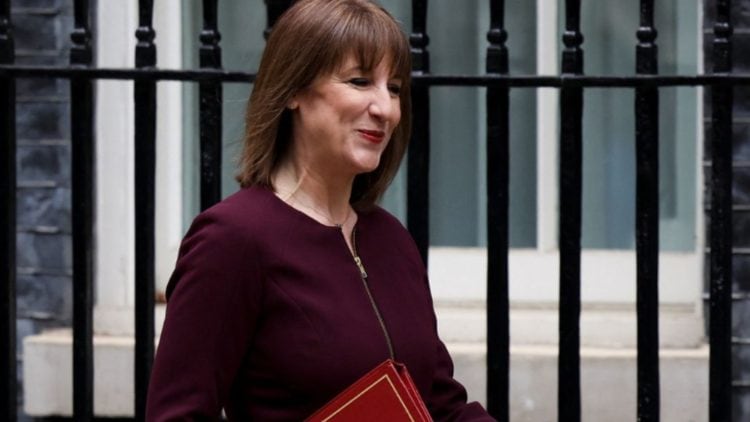Rachel Reeves has backtracked on one of the most controversial policies since Labour’s landslide win, restoring winter fuel payments in full for pensioners earning £35,000 or less.
🔥 The heat is back on – literally
About 7.5 million pensioners across England and Wales will now get the full winter fuel payment of between £200 and £300 – after they were cut out of the scheme last year. That change saw only 1.5 million people receive help, with 50,000 reportedly pushed into poverty.
Labour had faced mounting backlash over the decision, which was one of Reeves’s first as chancellor. Now, she says the government has “listened to people’s concerns” and can afford to extend the scheme thanks to economic stability.
💸 Who’s getting what?
Winter fuel payments will once again be sent automatically to all eligible pensioners. But there’s a twist – those with incomes over £35,000 will still get the money upfront, but it’ll be clawed back later via tax returns.
That means around 2 million higher-earning pensioners will technically get the support… then promptly give it back.
🧒 Will kids be next?
Labour MPs welcomed the U-turn, but many are asking why child poverty isn’t getting the same attention. The government is under growing pressure to scrap the two-child benefits cap – a move that could lift around 350,000 children out of poverty.
Even pensions minister Torsten Bell admitted that current rules “aren’t sustainable” and that large families are “hugely overrepresented in poverty”.
🧠 Economists aren’t convinced
While pensioners may be celebrating, some experts are questioning whether this was the smartest use of £1.25 billion.
Paul Johnson from the Institute for Fiscal Studies said it wouldn’t even make his top 100 list of poverty-fighting measures. “Most of the people helped by this are doing just fine,” he said.
📉 Is this just political damage control?
Let’s be honest – the original cut to winter fuel payments went down like a cup of cold tea. Labour activists said it came up again and again during the recent local elections, and Downing Street reportedly feared it could derail wider welfare plans.
This new approach – pay first, tax later – mirrors what George Osborne did with child benefits over a decade ago. It may not be perfect, but it’s politically safer.
🧾 How will it be funded?
The full details are expected in the autumn. For now, Treasury officials insist the plan sticks to Labour’s fiscal rules and won’t involve extra borrowing. They also say £450 million will still be saved compared to restoring payments to all pensioners.
But questions remain over whether the recent increase in pension credit claimants might cancel out some of those savings.
🧊 What about Scotland and Northern Ireland?
Good news – both will get a funding boost thanks to the changes in England and Wales. The devolved governments will now be able to decide how best to support pensioners in their areas.
You may also like: Watch: Reform’s Zia Yusuf struggles to defend MP after hijab mug row







